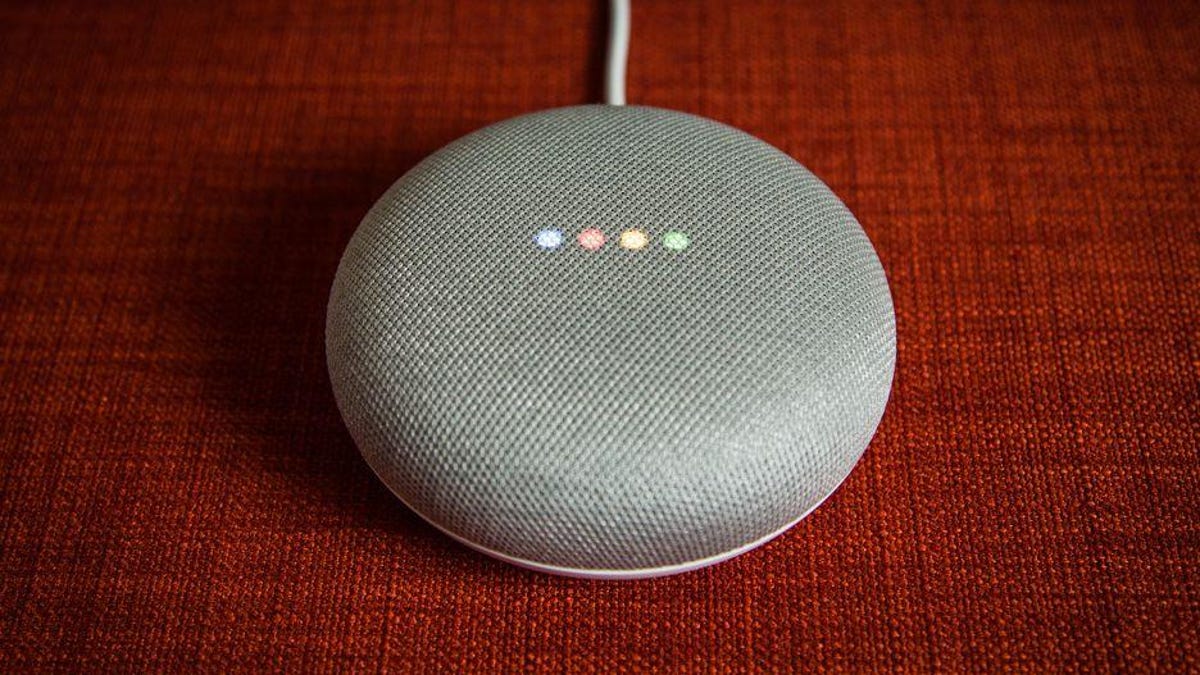OK Google, cue the sun: Philips Hue debuts voice fades at CES 2019
Set an early morning alarm with the Google Assistant? Now your Philips Hue smart lights can slowly fade on before it goes off to help ease you out of bed.

In my home, I'm a fan of setting the smart lights in my bedroom to slowly fade out as I'm falling asleep. In the morning, I have them programmed to fade back on to wake me up. It's pleasant!
Now, at CES 2019, Philips Hue and Google are announcing plans to make it easier to set and trigger fades like those using just your voice.
Take it from me, automatic slow fades are a surprisingly cozy way to lull yourself to sleep.
Starting in March, you'll be able to ask the Google Assistant to "turn on Gentle Wake Up." Doing so will sync your Hue lights with any alarms you ask the Assistant to set -- starting 30 minutes before an alarm goes off, your Hue lights will begin to fade up, simulating a gradual sunrise.
For the opposite effect -- a 30-minute sunset -- just say "OK Google, sleep the lights." You can also schedule these fades for specific times: "Hey Google, sleep the lights at 11 p.m." And yep, saying, "Hey Google, wake the lights at 7 a.m." will work as well. It all sounds pretty intuitive to me -- a good step forward for the relationship between smart lights and smart assistants.
If multiple people in your home wish to take advantage of the feature, they can. Just group your lights by room in the Google Home app, then tell the Assistant which room you'd like to sleep or wake the lights in. "Hey Google, sleep the lights in the kids' room."
Formerly Philips Lighting, Signify already lets its smart light users schedule fades in the Hue app using a feature called sleep and wake up lighting. In addition to tying those fades to your Google Assistant-scheduled alarms, the new integration with Google simply lets you control that feature using your voice, either through your phone, through a Google Home, Google Home Mini or Google Home Max smart speaker or through the Google Home Hub smart display.
Signify calls it the first integration of the Philips Hue sleep and wake up feature with a digital assistant platform. No word yet on whether or not we should expect the feature to come to other assistants like Alexa and Siri, too. For now at least, this is a pretty good get for Google as far as voice-activated smart lighting features go.
CES 2019: See all of CNET's coverage of the year's biggest tech show.
CES schedule: It's six days of jam-packed events. Here's what to expect.

